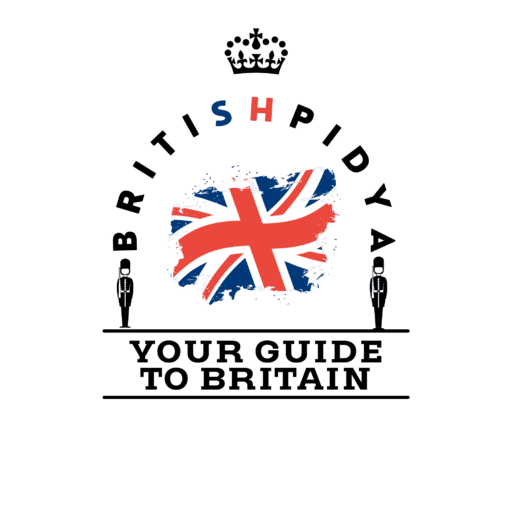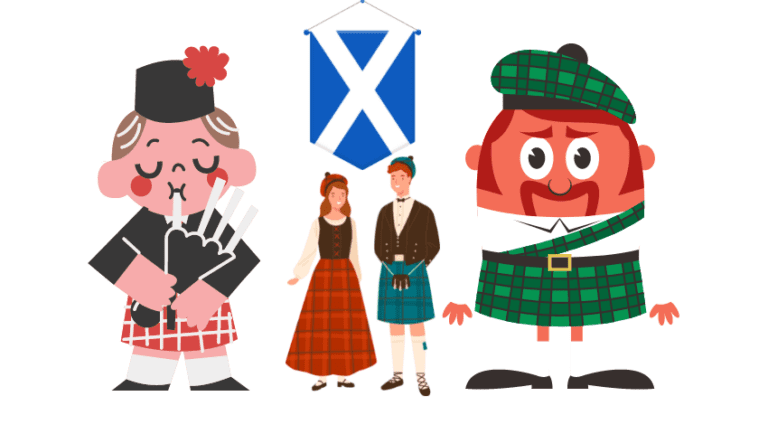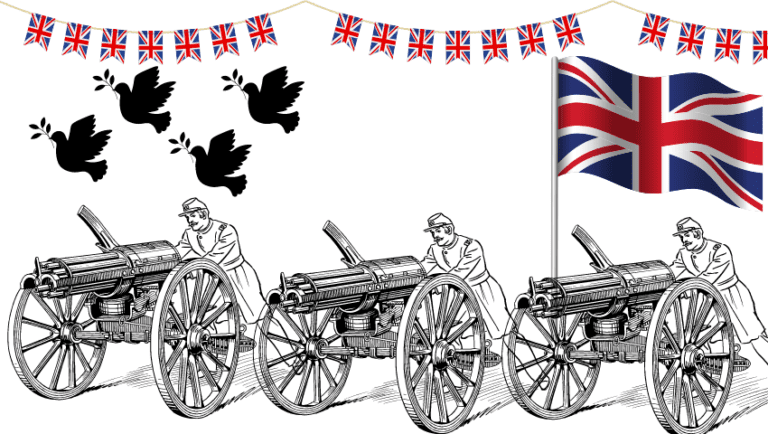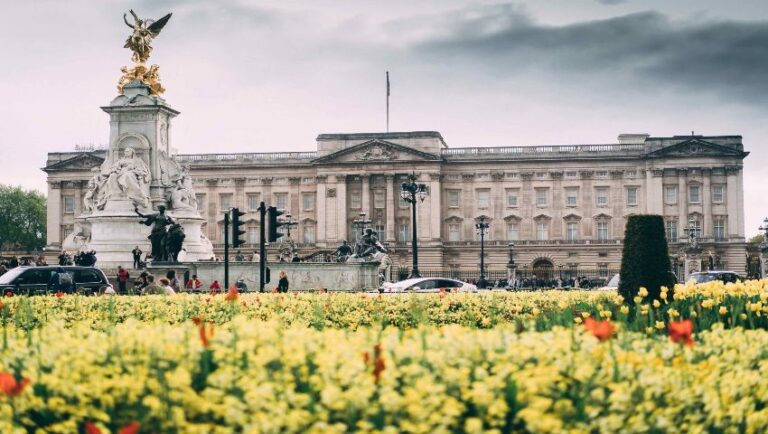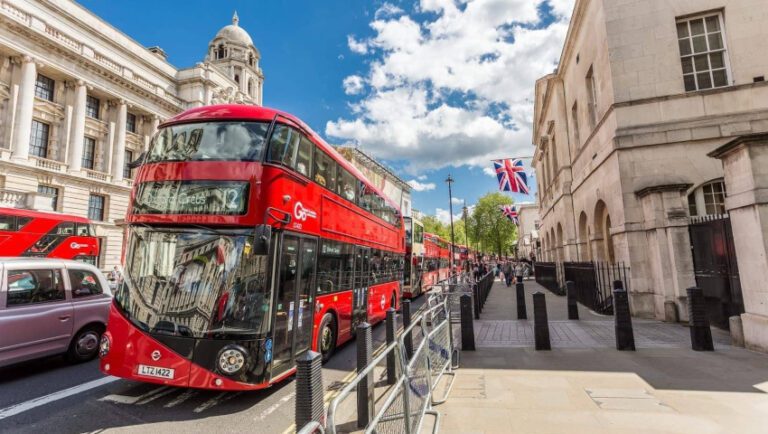Understanding the UK Parliament
Learn about the UK Parliament: its role, structure, and key functions. Understand how laws are made and how MPs represent constituents.
Have you ever wondered how decisions are made in the UK that impact millions of people every day? Well, the answer lies in the UK Parliament. It is the epicenter of British politics, where members of Parliament come together to debate and pass laws that shape the future of the country. But what exactly is the UK Parliament, and how does it work? This is what we will learn in this post
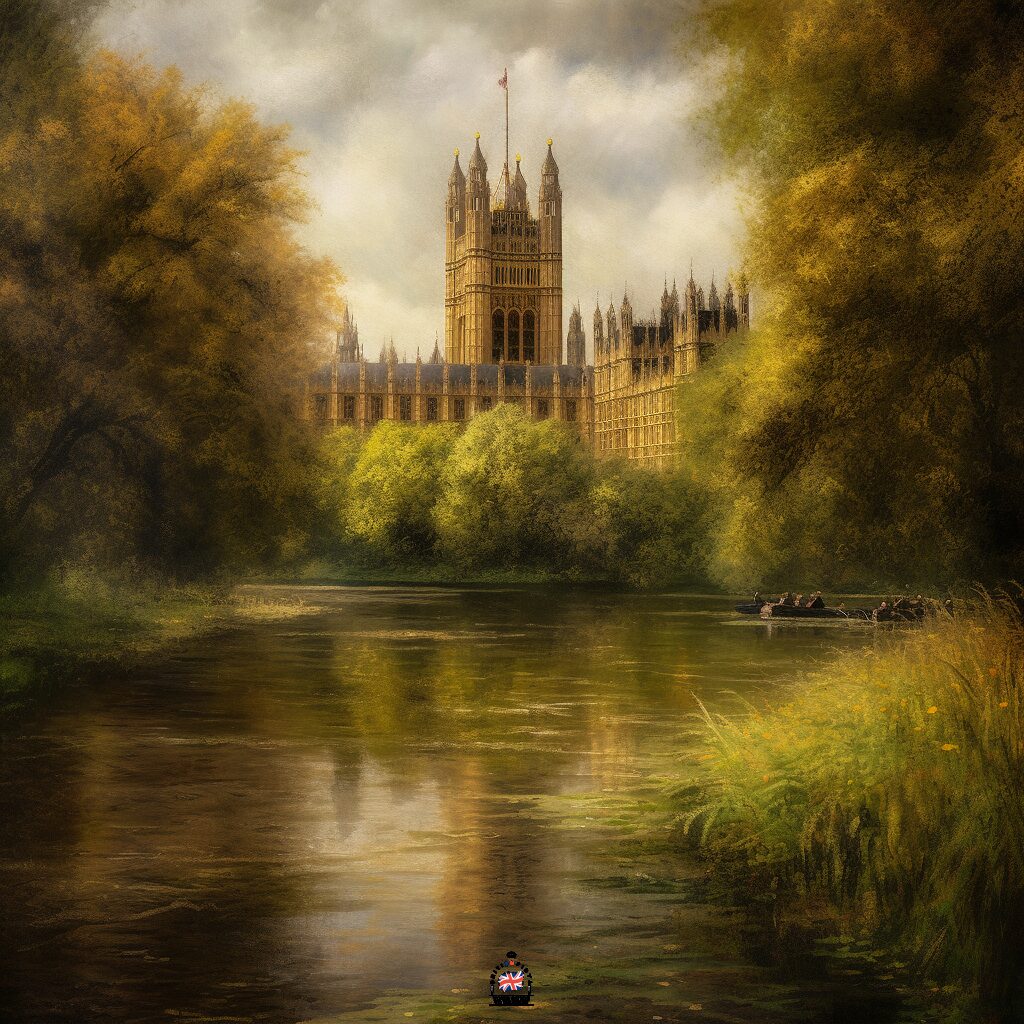
A Brief History of the UK Parliament
Origins of the Parliament
The UK Parliament’s roots trace back to the early 13th century when King John agreed to the Magna Carta in 1215. This document limited the power of the monarchy and established the principle that the king should govern according to the law. Over time, the need for the monarch to consult with representatives of the people grew, leading to the formation of the Parliament as we know it today.
The Development of Parliamentary Democracy
The UK Parliament has evolved significantly over the centuries. Early iterations consisted primarily of the King’s Council, comprising barons and church leaders. The first English Parliament, including representatives of the common people (known as burgesses), was summoned by King Edward I in 1295. Through a series of reforms and events, such as the Glorious Revolution of 1688, the UK Parliament transformed into a more democratic institution with a constitutional monarchy at its core.
The Structure of the UK Parliament
The UK Parliament is a bicameral institution, consisting of two houses – the House of Commons and the House of Lords – and the Monarch.
The Monarch
The Monarch, currently King Charles III, has a mostly symbolic role in the functioning of the Parliament. The Monarch formally opens and dissolves Parliament and gives Royal Assent to bills passed by both Houses, turning them into law.
The House of Commons
The House of Commons is the lower house of the UK Parliament and holds the most legislative power. It consists of 650 elected Members of Parliament (MPs), who represent the constituencies across the United Kingdom.
The Role of MPs
MPs are responsible for debating and voting on proposed laws, representing the interests of their constituents, and holding the government accountable through questioning and scrutiny.
The Speaker of the House
The Speaker of the House of Commons is responsible for maintaining order during debates and ensuring that parliamentary procedures are followed. The Speaker is an impartial figure who does not take part in debates or vote on issues unless there is a tie.

The House of Lords
The House of Lords is the upper house of the UK Parliament and serves as a chamber of review and reflection. It is composed of appointed life peers, bishops, and hereditary peers. Although the House of Lords does not have the same legislative power as the House of Commons, it plays a crucial role in scrutinizing and revising proposed laws.
The Role of Peers
Peers in the House of Lords contribute to the legislative process by participating in debates, proposing amendments to bills, and scrutinizing government actions. They bring a wealth of expertise and experience from various fields, which helps ensure that laws are well-considered and comprehensive.
The Lord Speaker
The Lord Speaker presides over debates in the House of Lords, similar to the Speaker of the House of Commons. However, the Lord Speaker’s role is more limited and ceremonial, as the House of Lords operates on a principle of self-regulation.
How Parliament Works
Lawmaking Process
The process of creating laws in the UK Parliament typically starts with the introduction of a bill, which is a proposal for a new law or an amendment to existing legislation. Both Houses must approve the bill for it to become law. The process involves several stages, including readings, committee scrutiny, and report stages, before the bill moves to the other House. Once both Houses have agreed on the bill’s final version, it is sent to the Monarch for Royal Assent.

Debates and Committees
Debates are a crucial aspect of parliamentary work, as they allow MPs and peers to discuss and analyze proposed legislation, government policies, and issues of national importance. Committees also play a vital role in Parliament, as they enable more detailed examination of bills, policy issues, and government actions. There are various types of committees, including select committees, which scrutinize the work of government departments, and public bill committees, which examine proposed legislation in detail.
Prime Minister’s Questions (PMQs)
PMQs is a weekly session in the House of Commons, during which MPs have the opportunity to ask the Prime Minister questions about government policies and actions. This event is a cornerstone of parliamentary democracy, as it enables MPs to hold the Prime Minister and the government accountable for their decisions.
The Role of Parliament in UK Democracy
Representation
Parliament represents the diverse interests of the UK population through elected MPs in the House of Commons and appointed peers in the House of Lords. MPs, in particular, have the responsibility to give voice to their constituents’ concerns and ensure that legislation reflects the needs and aspirations of the people.
Accountability
The UK Parliament holds the government to account for its actions and decisions. Through debates, questioning, and committee work, MPs and peers scrutinize the government’s policies and ensure transparency and responsibility in decision-making.
Legislative Oversight
Parliament plays a crucial role in overseeing the legislative process, ensuring that laws are well-crafted, democratic, and in the public interest. Through the process of readings, amendments, and detailed scrutiny in committees, Parliament helps refine and improve legislation before it becomes law.

Conclusion
The UK Parliament is a vital component of the country’s democratic system, providing representation, accountability, and legislative oversight. With its rich history and unique structure, the Parliament serves as a model for parliamentary democracies around the world. Understanding its intricacies and functions is essential for appreciating the complexities of British politics and governance.
Frequently Asked Questions
- What is the difference between Parliament and the Government? Parliament is the legislative body responsible for creating laws and holding the government accountable, while the government is the executive branch responsible for implementing policies and running the country.
- How are MPs elected to the House of Commons? MPs are elected through a general election, which usually takes place every five years. Each constituency in the UK elects one MP using the first-past-the-post voting system.
- How are members of the House of Lords selected? Most members of the House of Lords are life peers appointed by the Monarch on the advice of the Prime Minister. There are also 92 hereditary peers, who inherit their titles, and 26 bishops from the Church of England.
- What is the role of the Opposition in the UK Parliament? The Opposition is the largest political party or coalition of parties that is not part of the government. Its primary role is to challenge and scrutinize the government’s actions, policies, and proposed legislation, providing an alternative voice in parliamentary debates.
- Can the House of Lords block legislation proposed by the House of Commons? The House of Lords can delay and suggest amendments to legislation but cannot ultimately block a bill passed by the House of Commons. If both Houses cannot agree on a bill, the Parliament Acts of 1911 and 1949 allow the House of Commons to bypass the House of Lords and pass the bill into law after a certain period.
